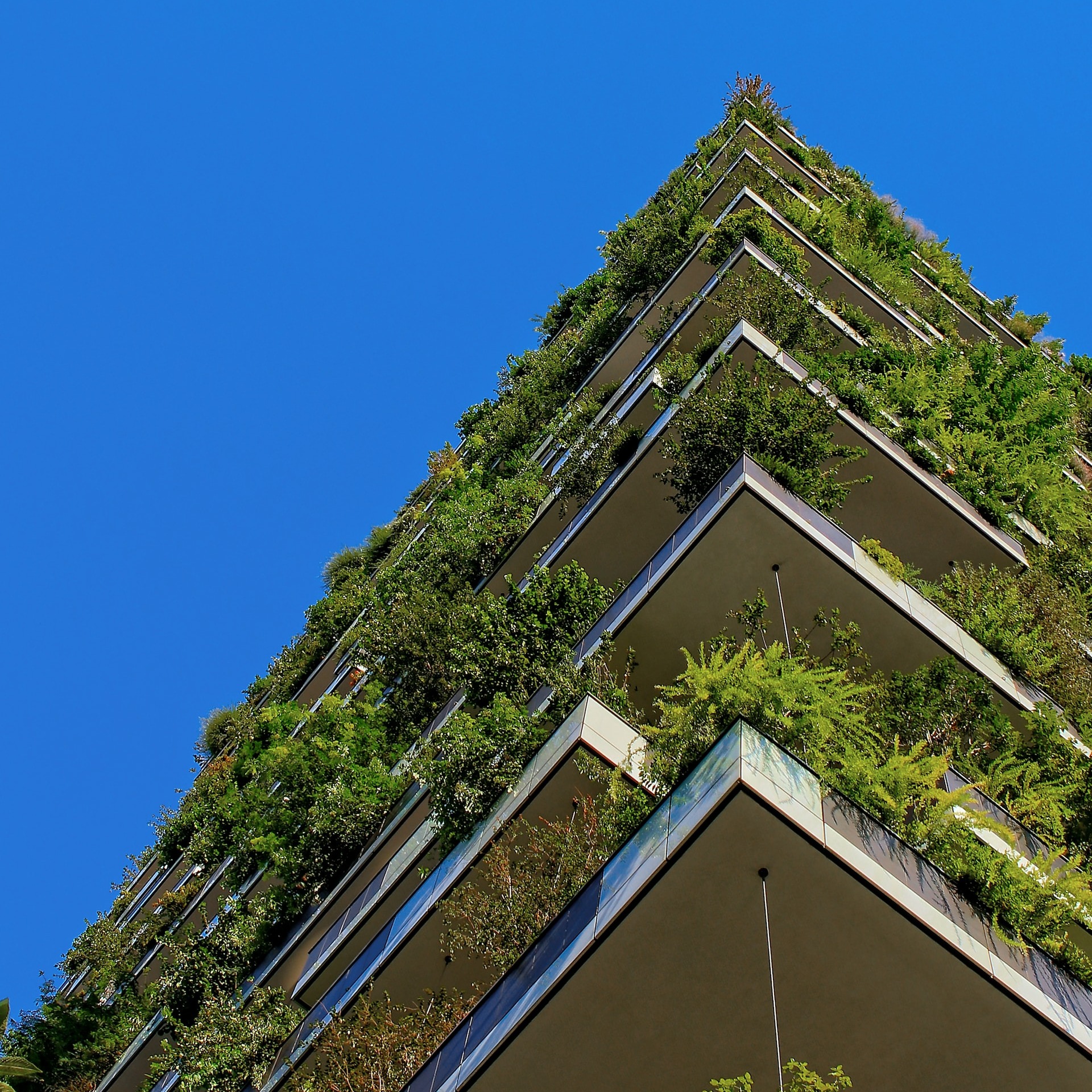5 Key Tips to Achieve More Satisfied Commercial Tenants
Customer Satisfaction is the key to success for commercial property companies. Proactive communication, sustainability, and customer-focused...
2 min read
Team AktivBo : den 27 juni 2024 13:05:59 CEST

In an era where the focus on sustainability has surged and now stands prominently on the agenda, the real estate sector has a unique opportunity to make significant contributions. However, despite this potential, a recent Newsec survey reveals that the industry still has a considerable distance to go in terms of measuring and monitoring the impacts of social sustainability. Only 6 percent of companies are ready to report on the social requirements set forth by ESRS, and a mere 19 percent track social KPIs in a structured manner.
These figures highlight a fundamental shortfall in how the industry addresses the social dimensions of sustainability. Although much effort is being made, there are widespread challenges related to measuring these efforts and understanding their actual effects. A shift is needed, and a crucial part of this shift involves incorporating the tenants' perspective when developing and assessing social KPIs, whether managing commercial or residential properties.
Undoubtedly, measuring social indicators is challenging. It involves capturing complex and often subjective factors such as well-being, community, and perceived safety. Yet, these very factors lie at the heart of sustainable societal development and directly influence tenants' service experiences.
Tenants are the real estate sector's most essential stakeholders in social sustainability, as they constitute the foundation of the business. Their experiences and needs should underpin social goals and indicators. By including their voices, the industry can establish frameworks for more relevant and accurate KPIs that measure not just what is easy to quantify, but what truly matters in people's daily lives. One method to measure the impact of such efforts is through surveys with questions related to living experience, safety, and the ability to influence one's living conditions. Leading companies are already doing this, linking the results to an overarching safety index to monitor development and impact. This approach facilitates a deeper understanding of the social dimensions within our properties and provides insights that aid in the creation of effective KPIs.
There are also economic incentives for actively tracking social KPIs. Increasingly, real estate firms are using the “Security Index” for socially linked financing. Examples include Stena Fastigheter, Trianon, Atrium Ljungberg, and Rikshem. This strengthens their brand, attracts more investors, and enables further intensification of social initiatives.
In summary, the real estate industry holds significant potential to contribute to even more sustainable societal development. However, to achieve this, we must improve at incorporating the tenants' perspective in our work with social KPIs. By listening to those who live and work in our properties, we can create more meaningful and effective indicators that can lead to real and lasting improvements. Let us seize this opportunity to increasingly include tenants' voices in our sustainability efforts. It is an investment that will benefit everyone.
Martin Talme
Chief Business Officer
AktivBo Group
Customer Satisfaction is the key to success for commercial property companies. Proactive communication, sustainability, and customer-focused...

In recent years, the concept of Environmental, Social, and Governance (ESG) has become increasingly important to real estate investors, landlords,...

It has become standard practice for professional property companies to conduct customer surveys in order to better understand the needs of their...